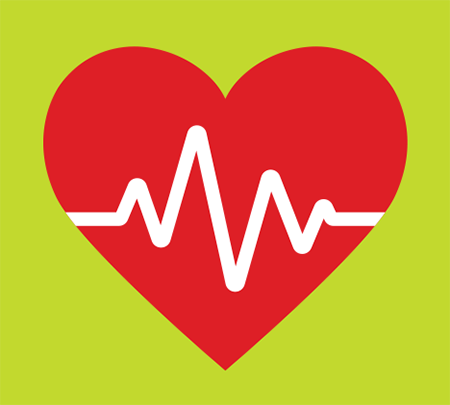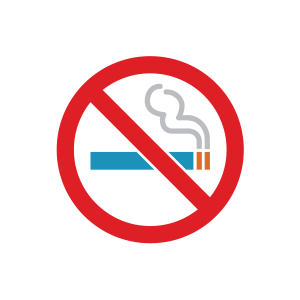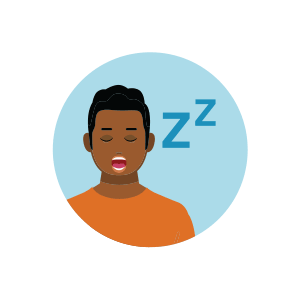What to know
This Steps to Better Health fact sheet provides easy-to-read information for people with sickle cell disease (SCD) about heart health.

Overview
People with sickle cell disease (SCD) are at high risk for complications including stroke and kidney disease. These complications can be worsened by high blood pressure (hypertension), which often increases the workload of the heart and blood vessels. Blood pressure levels are defined the same for everyone whether or not you have SCD:
- Normal: less than 120/less than 80
- Elevated: 120 to 129/less than 80
- High: 130/80 or higher
Learn more about what these numbers mean.
If you have SCD, it is especially important to maintain a blood pressure below 130/80. Share any changes in blood pressure with the people on your healthcare team so they can properly identify and treat any complications of SCD you currently have or may develop. Your healthcare team may include your primary care provider, SCD provider, and any other healthcare specialists. Below are steps you can take for better heart health.
High blood pressure
Know your numbers. Ask your provider about your blood pressure reading at each visit. Keep track of this information and talk to your provider if your blood pressure reading is 120/80 or higher.
If your blood pressure is 130/80 or higher, your provider may prescribe blood pressure medicine to control this condition and lower your risk for complications.
Learn more about safe use of medicines.
Learn more about measuring your blood pressure.
To help keep your blood pressure in a healthy range, you can do the following:
- Be physically active. Adults should get 30 minutes of exercise, such as brisk walking or bicycling, 5 days a week. Children and adolescents should get 1 hour of physical activity every day. Learn more ways to be physically active.

- Eat healthy. Talk with your healthcare team about eating a variety of foods rich in potassium, fiber, and protein, and low in salt (sodium) and saturated fat. Learn more about healthy eating and nutrition.

- Quit smoking. Smoking raises your blood pressure and puts you at higher risk for heart disease and stroke. Your doctor can suggest ways to help you quit. Learn more about tobacco use and quitting.

- Limit how much alcohol you drink. The Dietary Guidelines for Americans recommend 0 to 1 drink per day for women and 0 to 2 drinks per day for men. Learn more about alcohol.

- Get enough sleep. Make sure to get 7 hours of sleep or more every night. Learn how to get better sleep.

Learn more about preventing and managing high blood pressure.
Understand more about blood pressure readings.
This information is based on American Society of Hematology SCD Guidelines: Cardiopulmonary and Kidney Disease.
